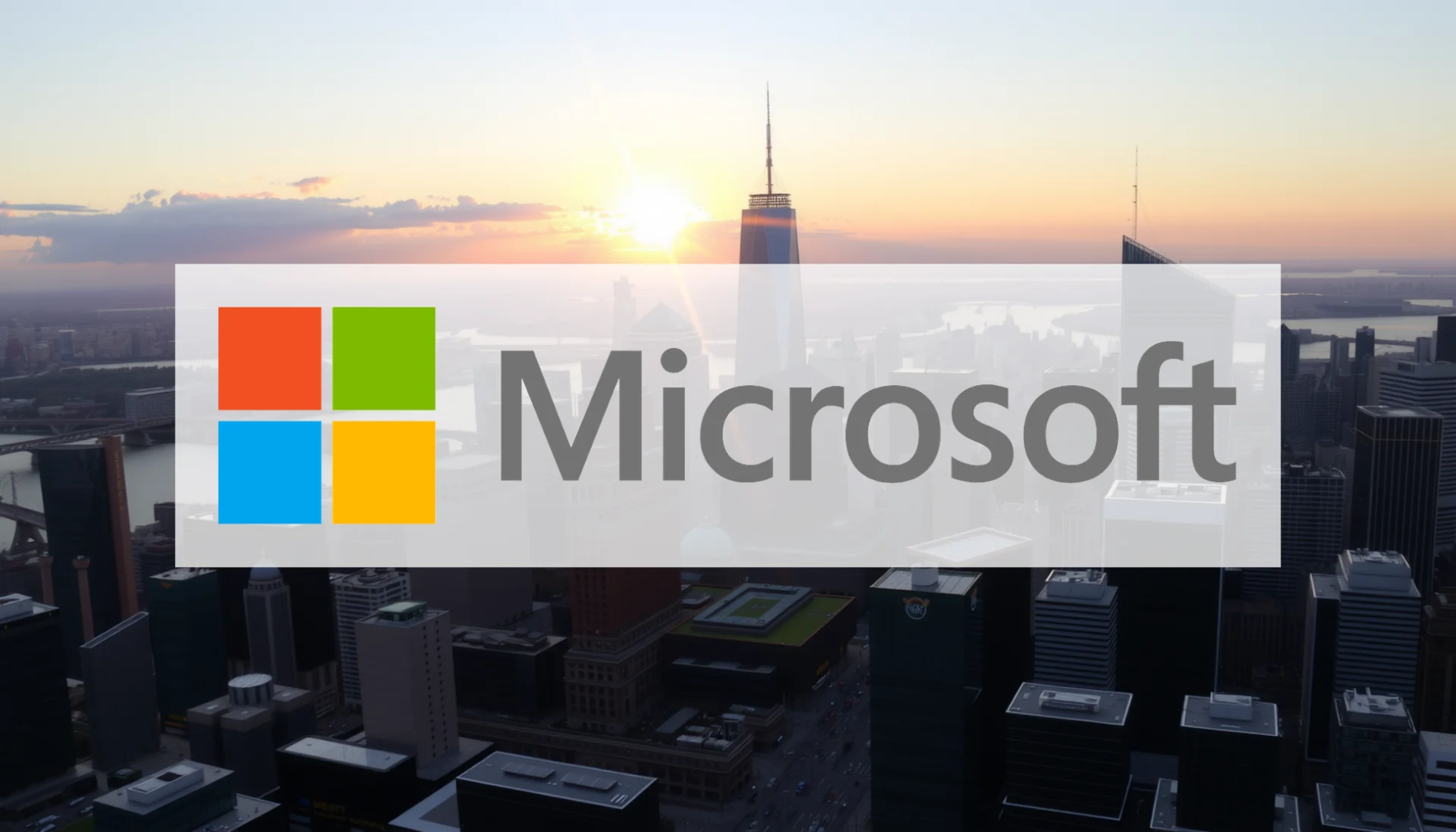Microsoft Corporation finds itself in a perplexing market situation. Despite announcing exceptional quarterly results that shattered expectations, the technology giant’s stock has entered a sustained decline. For five consecutive trading sessions since their late October earnings release, Microsoft shares have consistently lost value, creating a puzzling disconnect between the company’s strong fundamentals and its market performance.
Analyst Confidence Contrasts with Market Skepticism
While the stock struggles, financial analysts maintain overwhelmingly positive outlooks. The consensus price target among 31 market researchers stands at $633.06, suggesting approximately 25% upside potential from current levels. Several prominent institutions, including JP Morgan, Citigroup, and Wells Fargo, have recently raised their targets while reaffirming buy recommendations. This divergence between expert opinion and market behavior raises important questions about whether investors are overlooking Microsoft’s underlying strength.
Record-Breaking Quarter Meets Tepid Response
The company’s most recent financial report presented figures that would typically trigger investor enthusiasm. Microsoft recorded revenue of $77.67 billion, exceeding projections by 3.03%. Earnings per share reached $4.13, surpassing estimates by $0.47. The cloud computing segment, which serves as the corporation’s primary growth engine, expanded by 26% to $49.1 billion, with the Azure platform demonstrating particularly robust 40% growth.
Instead of celebrating these achievements, market participants have responded with caution. Since the earnings announcement, Microsoft’s stock has declined roughly 7%, trading significantly below recent peak levels. This creates a paradoxical scenario for a company leading in two of technology’s most promising fields: cloud services and artificial intelligence.
Should investors sell immediately? Or is it worth buying Microsoft?
Strategic Investments Create Short-Term Uncertainty
The explanation for this contradictory performance may lie in Microsoft’s substantial capital expenditure strategy. The company is aggressively developing its AI infrastructure and data center capabilities, including a new facility in Atlanta designed to connect with its Wisconsin complex, forming what industry observers describe as a “massive supercomputer.”
These ambitious investments, while positioning Microsoft for long-term dominance in artificial intelligence, are temporarily compressing profit margins and apparently unsettling some investors. Financial markets appear to be viewing the substantial AI infrastructure spending critically, despite its strategic importance for maintaining Microsoft’s competitive advantage.
Technical Indicators Suggest Potential Opportunity
From a technical analysis perspective, the current weakness might present a compelling entry point. Although trading below its all-time highs, Microsoft’s fundamental business strength remains undeniable. The company’s strategic partnership with OpenAI and its established leadership in AI infrastructure development create a solid foundation for future expansion.
The critical question facing investors is whether this correction represents temporary market irrationality or justified concern about the tech giant’s expansive investment strategy. Upcoming quarterly reports will reveal whether Microsoft’s multibillion-dollar AI investments are beginning to generate returns, potentially resolving the current disconnect between operational excellence and market valuation.
Ad
Microsoft Stock: Buy or Sell?! New Microsoft Analysis from February 7 delivers the answer:
The latest Microsoft figures speak for themselves: Urgent action needed for Microsoft investors. Is it worth buying or should you sell? Find out what to do now in the current free analysis from February 7.
Microsoft: Buy or sell? Read more here...










